It is late October, and with the coming of colder weather, transforming foliage, and pumpkin everything, my favorite holiday is also fast approaching- Halloween. I, like many others, enjoy partaking in typical spooky and traditional Halloween activities. I love everything about this season, from binge-watching horror movies to carving pumpkins. A few weekends ago, I went to Canobie Lake’s Screemfest and went to each of the 5 haunted houses they had set up. It was my first year going, and the haunted houses were really fun. It got me thinking about the specifics of fear, and why so many people seek it. Is it just the pursuit of thrill, or is there something more sinister to it, an aspect of human nature that cannot be explained?
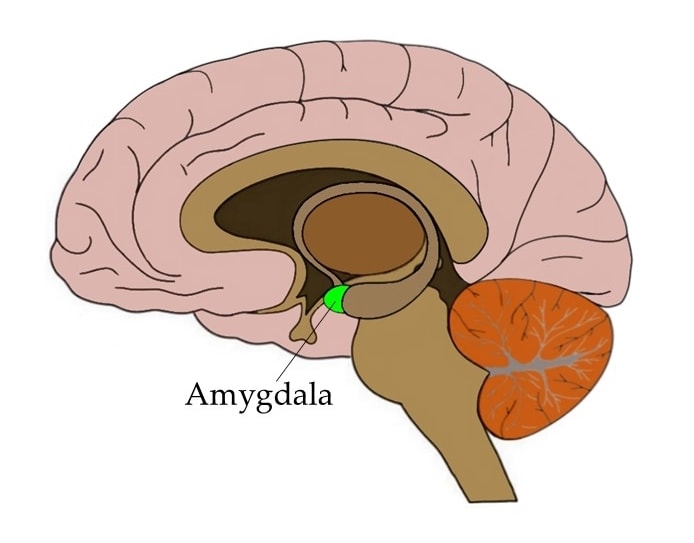
Looking for answers, I emailed Winthrop High School’s very own psychology teacher: Mr. Dixon. He was able to provide some answers, which I found very enlightening. I asked him first to describe what causes fear, in order to get a little background information. Fear is caused by chemical reactions that happen deep within our brains, in our amygdala. They involve epinephrine, which is what makes our hearts beat faster, and cortisol, which gives us energy. They also contain adrenaline, which is what makes us tremor. When we experience something that we find stressful, our fight-or-flight response is triggered, increasing these chemical reactions, and activating multiple regions of out brain, giving us that sense of alertness and focus. So, unsurprisingly, the true nature of fear is scientific and has to do with the reactions within our brains.
My next question for Mr. Dixon was: Why do some people enjoy feeling scared? Some people choose to watch only spooky movies or go on the most frightening rides first, which left me, as an occasional scare lover, wondering why. According to psychology and Mr. Dixon, this is not necessarily because we enjoy being scared, but rather because of the recovery from fear. After coming back from being scared, our brain releases dopamine, and we gain a sort of confidence for going through something “traumatic”. That dopamine release can feel a lot like addiction, which Mr. Dixon also mentioned.
Though there are not different types of fear, our bodies will respond to fear in the same way, and for some of us, “fear stimuli trigger specific memories that recall similar situations we’ve had in the past”, which is called “state-dependent memory”. Sometimes, this makes people seek out this stimulus, other times it causes them to avoid it. Our ancestors also felt fear in the same way we did. The obsession with horror, however, is much more modern. Our ancestors “couldn’t afford to experience fake fear”, given that they already had enough to worry about in their own environments. It was important they “keep their bodies in balance so that they could have those chemicals available when they felt actual fear, like during a hunt or a fight”.
My final question for Mr. Dixon was “How do movies/attractions appeal to people’s sense of fear?”. He believes that they are a “function of a society where our lives are seldom at genuine risk”. Most of the time our lives are not in danger, yet we are still “wired to experience that fight-or-flight reaction”. This is usually why we look for these experiences in the first place. We want to trigger that reaction and dopamine release in a safer way, “for some people, their risk assessment allows them to do things like rock climbing or hang gliding or scuba diving or whatever. For the rest of us? Sitting down and watching The Exorcist or Bone Tomahawk can provide a similar experience”.



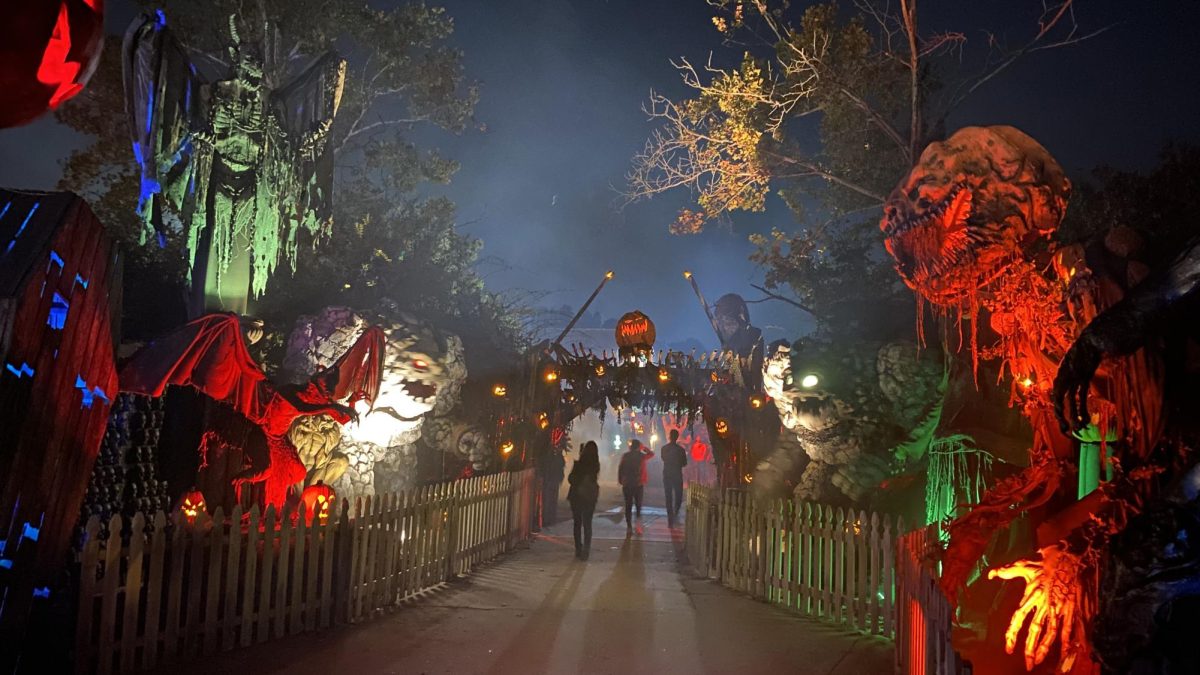
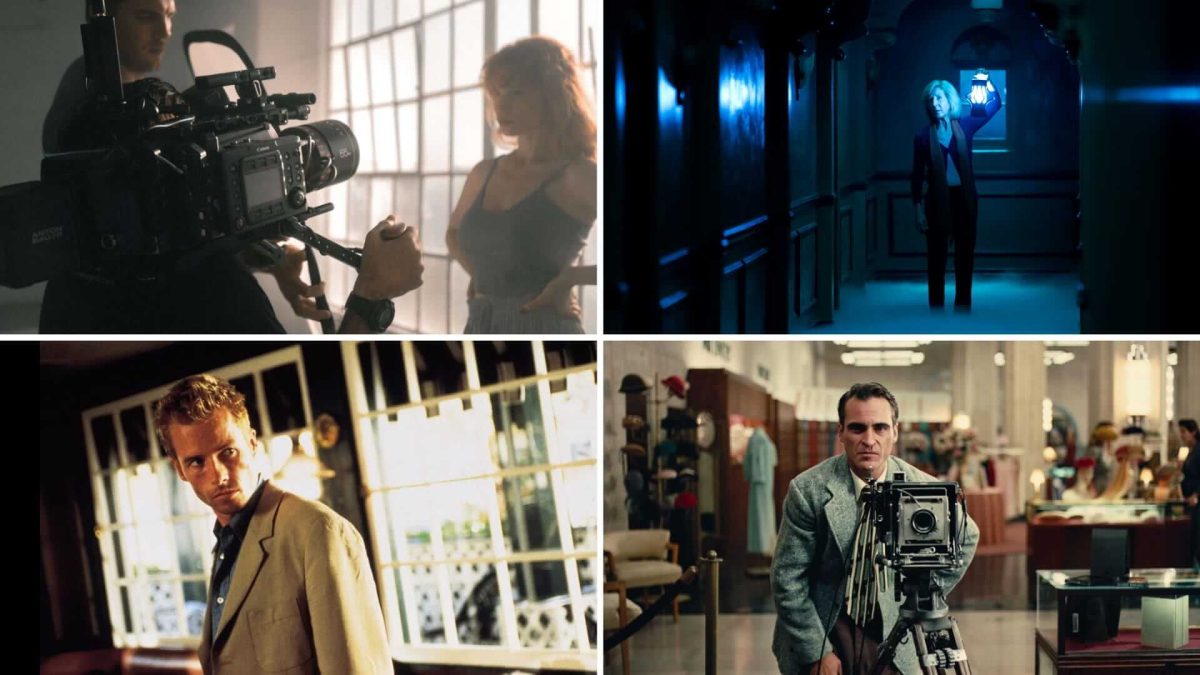
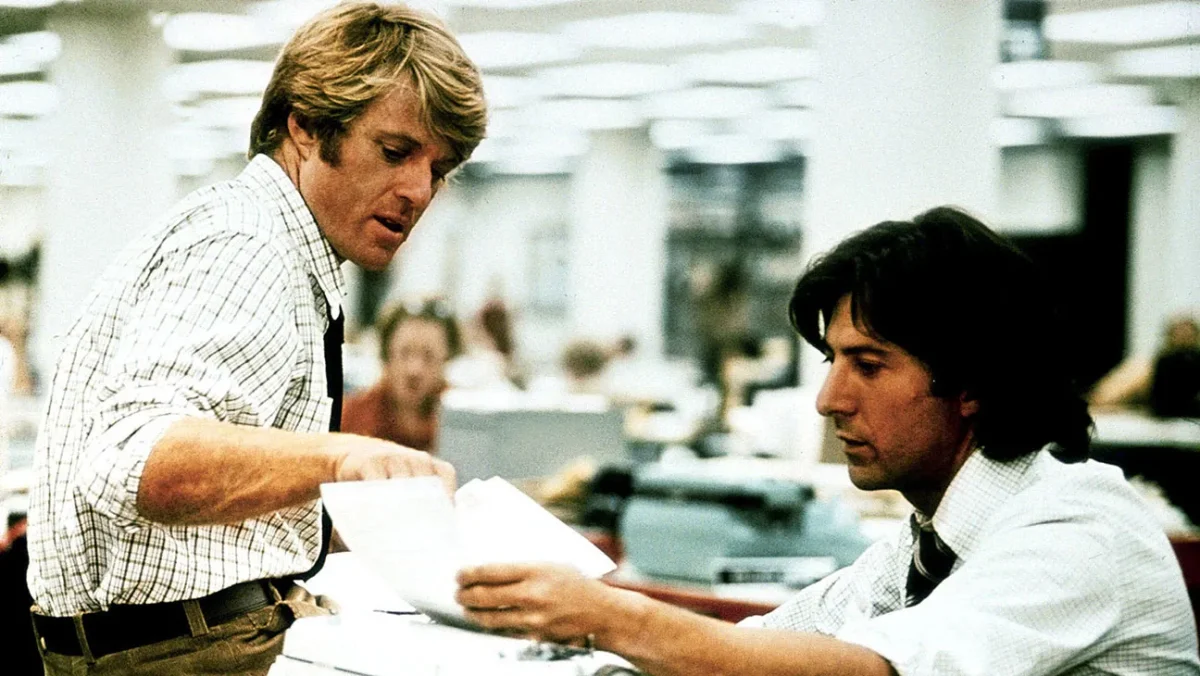

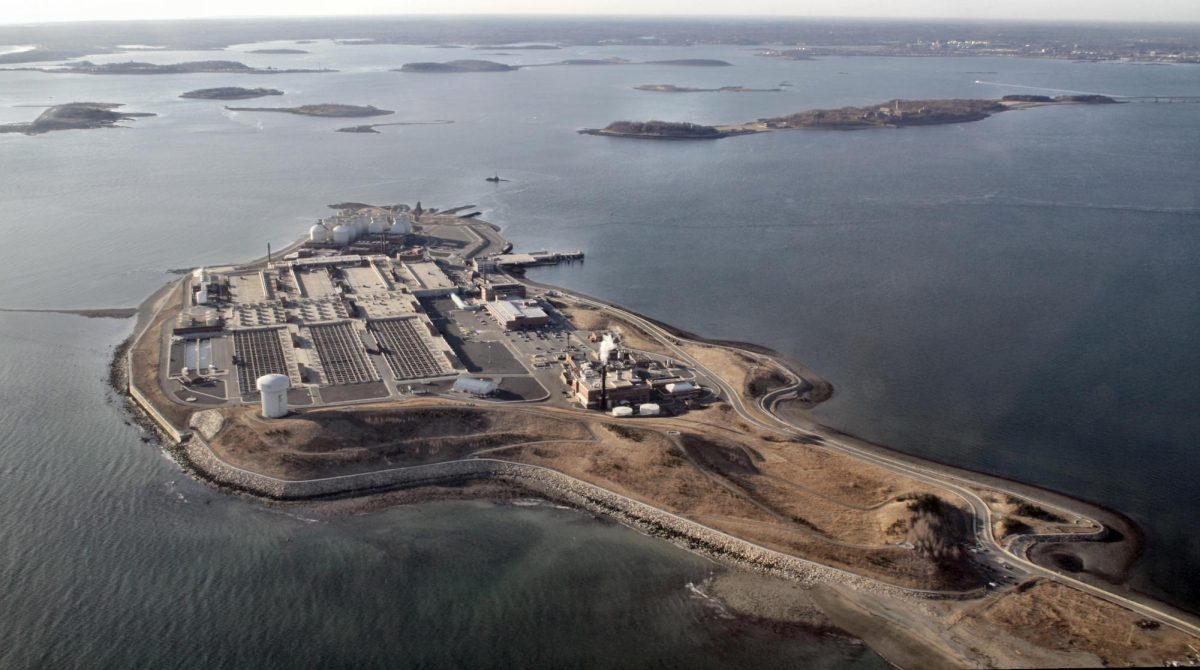


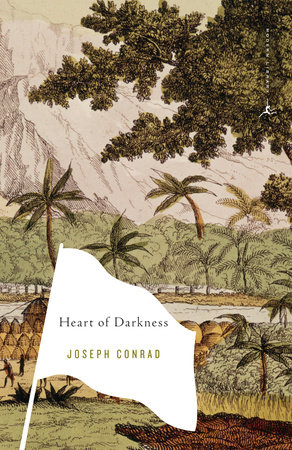


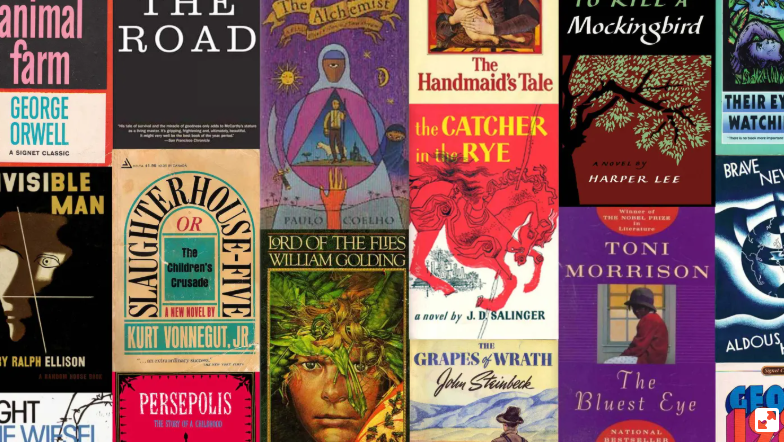
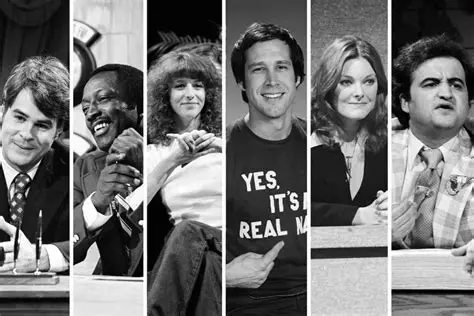

Mark W Dixon • Oct 27, 2024 at 4:14 pm
I think more people should listen to Mr Dixon. That guy clearly knows what’s going on.
Excellent article!
Zaineb Fawzi • Oct 28, 2024 at 10:11 am
I think I might have to agree with you…
Thank you for the info and for reading!